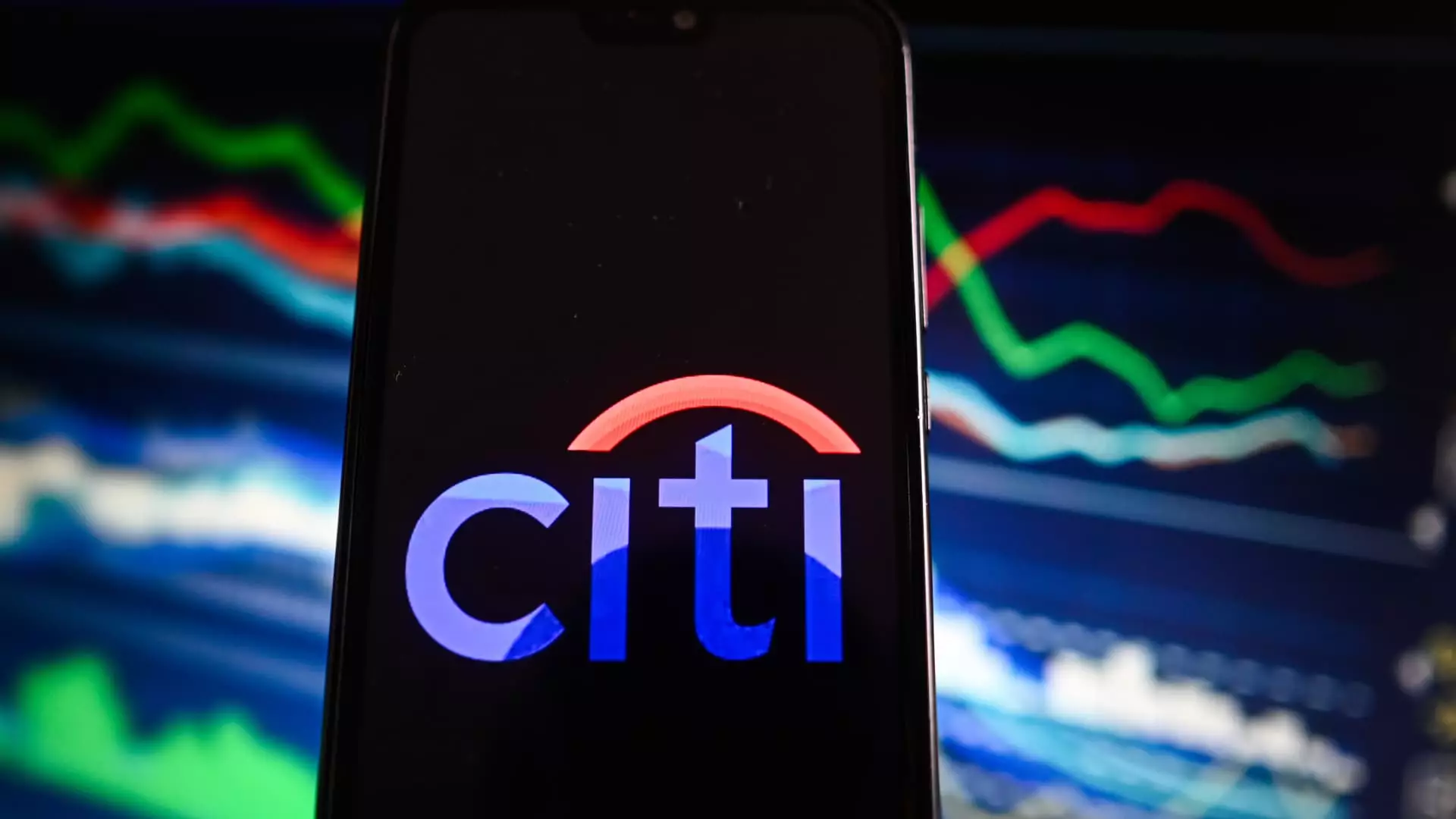In a surprising turn of events in overnight trading, shares of major banking institutions experienced a notable surge as reactions to political developments unfolded. This spike in stock prices followed projections surrounding the presidential election, specifically focusing on Donald Trump’s potential victory—an outcome that investors have interpreted as favorable for the financial sector. This article delves into the factors underpinning this market behavior and examines the implications for the banking industry amid shifting political landscapes.
Reports indicated that shares of prominent banks such as Citigroup, Bank of America, Wells Fargo, and Goldman Sachs witnessed significant increases. Citigroup, for instance, saw a rise of approximately 5%, particularly in late trading sessions facilitated by platforms like Robinhood. Bank of America followed suit, climbing over 3%, while both Wells Fargo and Goldman Sachs enjoyed gains exceeding 2%. This surge is aligned with popular sentiment among investors betting on a favorable economic environment associated with Trump’s presidency, especially concerning deregulation efforts.
The banking sector has historically thrived under policies that favor less stringent regulations. Analysts quickly pointed out that a Trump administration might usher in substantial deregulatory measures, which could substantially benefit financial institutions. Jaret Seiberg, an analyst at TD Cowen, emphasized that a reduction in oversight from the Consumer Financial Protection Bureau (CFPB) is anticipated, allowing banks greater flexibility in their operations. Seiberg’s assertion that Trump’s administration would likely roll back enforcement measures underlines the expected favorable treatment of financial entities.
Key elements such as capital requirements, credit policies, and crypto regulations have come under scrutiny as potential areas for reform. Banking analysts predict changes that may lower capital reserve requirements, thereby enhancing profitability for trading banks. Furthermore, policies related to credit card fees and controls on blockchain-related assets are expected to be reevaluated, creating new opportunities within the financial structure. However, the potential changes are not solely advantageous; Trump’s fiscal policies—especially concerning tariffs—could play a pivotal role in shaping financial stability and inflationary pressures.
While the prospect of deregulation presents substantial opportunities for banks, investors are urged to adopt a balanced viewpoint. The ambiguous nature of Trump’s policies could lead to inflationary consequences tied to tariffs and immigration strategies, which may counteract some of the anticipated benefits in the financial sector. As such, market participants must remain vigilant, weighing both the potential for growth and the risks emerging from unpredictable fiscal policies.
As major banking stocks continue to ascend amid political projections favoring Donald Trump, the financial sector stands at a crossroads. The promised deregulatory environment holds the promise of improved profitability; however, accompanying risks complicate this landscape. Investors must navigate this complex terrain with discernment, considering the broad implications of political decisions on market dynamics and economic health. The unfolding scenario serves as a reminder of how deeply intertwined politics and economics can be, particularly in a sector as critical as banking.

